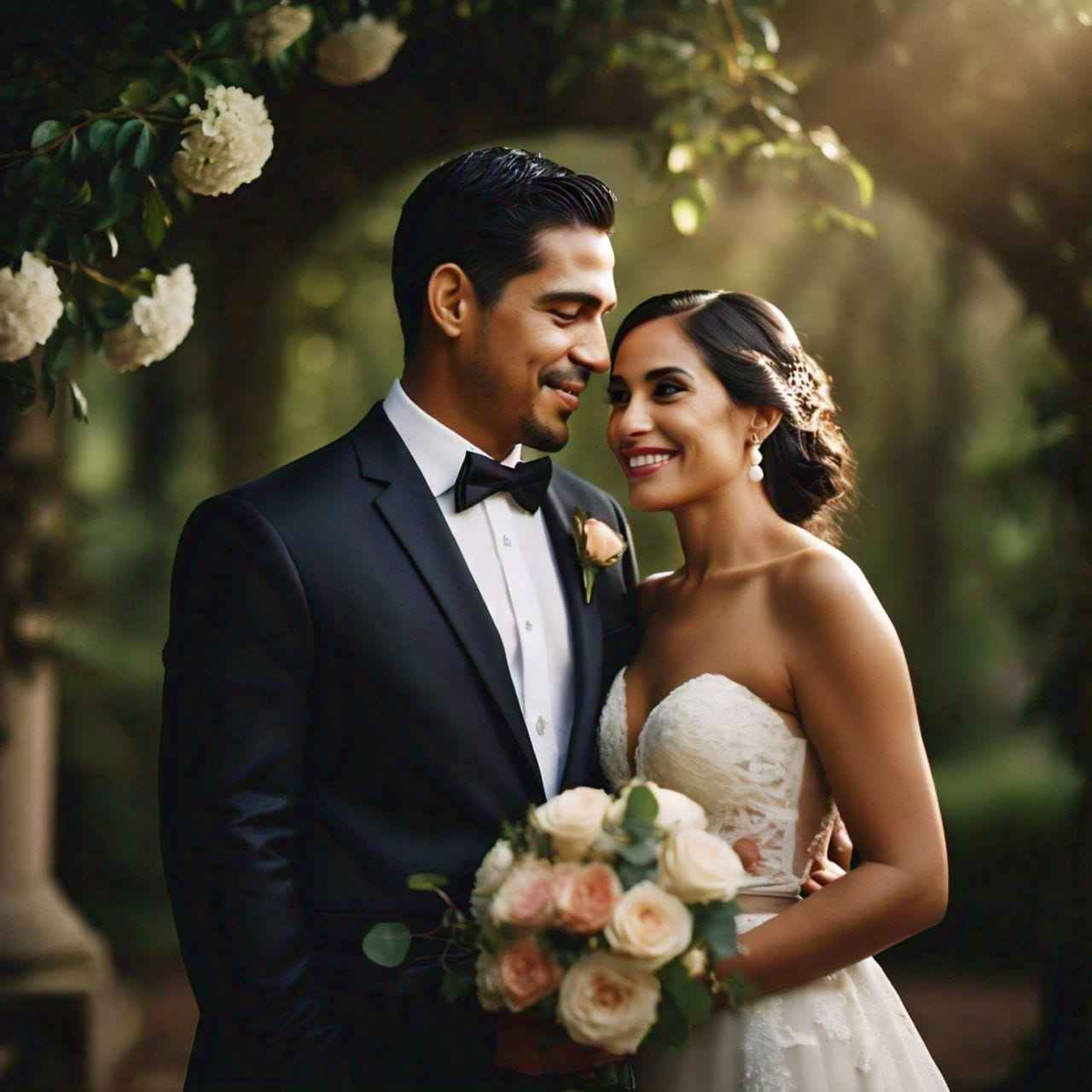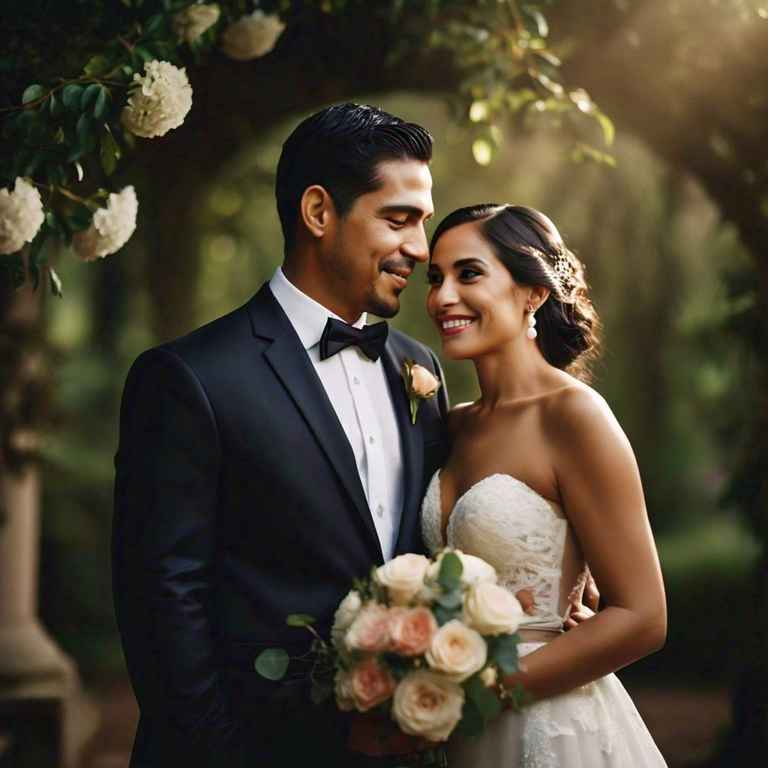In the heart of Australia, where golden sunsets paint the sky and gentle breezes carry whispers of love, weddings are timeless celebrations of commitment and unity. Amidst the vast landscapes and vibrant cities, the institution of marriage holds profound significance, weaving together the tapestry of Australian culture with threads of devotion and tradition.
But amidst the joyous festivities, there lies the practical matter of registering a marriage, ensuring its legal recognition and validity. To embark on this journey, couples must navigate the legal requirements set forth by the Australian authorities, ensuring compliance with the Marriage Act of 1961. These requirements include age eligibility, freedom to marry, and the need for official witnesses.
However, this is merely the beginning of a wondrous adventure. For those seeking to exchange vows beneath the Southern Cross, we offer a beacon of clarity, illuminating the path toward matrimonial bliss. Whether you're ready to take the plunge or simply curious about the process, let us embark together on this odyssey of love and legality.
Statistics On Marriage Registration In Australia
Registering for marriage in Australia is not just a ceremonial act; it's a crucial step that offers numerous legal benefits and protections. By formalizing their union, couples gain rights to property, inheritance, and access to health benefits, ensuring their financial security and well-being.
Moreover, an official marriage record is important for immigration purposes and eligibility for government benefits. The average age of first-time marriages has also risen, with men marrying at an average age of 30.8 and women at 29.4 in 2021. In 2022, 127,161 marriages were registered, marking a substantial increase from the pandemic-affected years of 2020 and 2021. In 2023, the average wedding in Australia cost $34,715, an increase of 7.7% from the previous year’s average.
These statistics underscore the enduring importance of marriage registration in Australian society, reflecting evolving trends and values.
Legal Requirements For Marriage In Australia
Understanding and adhering to the legal requirements outlined in the Marriage Act 1961 is crucial for couples planning to marry in Australia. These regulations ensure the validity and legality of the union, stipulating prerequisites such as mental capacity, single status, and the absence of close familial relations between prospective spouses.
Age Requirement For Marriage
In Australia, the legal age for marriage is 18 years old. However, individuals under 18 can marry with parental consent or a court order. Parental consent requires both parents' agreement or legal guardians' approval. If this isn't feasible, a court order can be obtained, which involves proving exceptional circumstances to the court. This process ensures that individuals entering marriage under 18 do so with appropriate consideration and support.
Eligibility Documents Needed
To register for marriage in Australia, key documents include birth certificates, passports, or divorce certificates, if applicable. These documents serve as evidence of identity and marriage eligibility. For overseas residents, additional requirements may apply, such as obtaining an official translation of documents not in English. Ensuring all necessary documents are in order streamlines the marriage registration process.
Prohibited Relationships
Prohibited relationships in Australia encompass close relatives such as parents, siblings, and grandparents, as well as same-sex siblings. Marriages within these relationships are void under Australian law, carrying legal consequences. Understanding and adhering to these restrictions is essential to avoid legal complications and ensure the integrity of marital unions.
Steps To Register A Marriage In Australia
Individuals must first prepare the necessary documents, such as birth certificates and identification, to register for marriage in Australia. Next, they lodge a Notice of Intended Marriage form with an authorized celebrant at least one month prior to the wedding. Some things to note down after marriage include name changes, obtaining a marriage certificate, and updating legal documents.
Preparing Necessary Documents
Preparing the necessary documents is crucial for registering for marriage in Australia. Required documents include birth certificates, proof of identity, and evidence of divorce or dissolution of previous marriages, if applicable. Gathering and organizing these documents beforehand ensures a smooth registration process. Birth certificates can typically be obtained from the relevant government authority, while proof of identity may include a passport or driver's license.
Choosing A Marriage Celebrant
In the marriage registration process in Australia, a marriage celebrant plays a pivotal role. When selecting celebrants, ensure they are registered and authorized to perform legal marriages, like Julie Winter, a prominent marriage celebrant. Considerations for choosing a celebrant include compatibility, availability, and personal preferences. Registered celebrants uphold legal standards and guide the marriage process, contributing to a memorable and legally recognized ceremony.
Lodging A Notice Of Intended Marriage (NOIM)
Lodging a Notice of Intended Marriage (NOIM) form is vital in the marriage registration process. Complete the NOIM form with accurate personal details and signatures from both parties and witnesses. This form must be lodged with an authorized celebrant at least one month before the wedding ceremony, allowing sufficient legal processing and preparation time.
Waiting Period
Following the lodging of the NOIM form, there is a mandatory waiting period before the marriage ceremony can take place. The minimum notice period in Australia is one month, ensuring adequate time for legal procedures and preparations. While the waiting period is typically adhered to, certain circumstances may warrant the waiver or reduction of this period, such as compelling reasons or urgent situations.
Conducting The Marriage Ceremony
The marriage ceremony in Australia entails fulfilling legal requirements such as the presence of witnesses and the officiating marriage celebrant. Various types of ceremonies are available, including religious, civil, or multicultural, catering to diverse preferences and traditions. The marriage celebrant guides the ceremony, ensuring compliance with legal standards while reflecting the couple's values and desires for their special day.
Obtaining The Marriage Certificate
After the wedding ceremony, obtaining the marriage certificate is essential. This document serves as official proof of marriage and is required for various legal and administrative purposes. To obtain the marriage certificate, apply through the relevant authority, typically the state or territory's registry of births, deaths, and marriages. Ensure the accuracy of information provided to avoid delays or complications in obtaining the certificate.
Additional Considerations
When registering a marriage in Australia, it's essential to consider factors such as cultural traditions, venue requirements, and budgetary constraints. Additionally, couples should familiarize themselves with any specific legal obligations or restrictions related to their chosen location or celebrant to ensure a seamless and memorable ceremony.
Cultural Or Religious Requirements
Cultural or religious requirements can significantly influence the marriage registration process in Australia. Certain rituals, ceremonies, or customs may need to be included or observed during the marriage ceremony to honor cultural or religious traditions. When choosing a marriage celebrant, selecting someone who respects and can accommodate these preferences is important, ensuring a ceremony that reflects the couple's cultural or religious background.
Overseas Marriages And Recognition In Australia
Recognizing an overseas marriage in Australia involves specific procedures to ensure its validity under Australian laws. Couples must register their overseas marriage and obtain a marriage certificate from the relevant authority. Verifying the marriage's validity according to Australian regulations is crucial. Additional steps or documents may be required to ensure the marriage is legally recognized in Australia, safeguarding the rights and status of the couple.
Same-Sex Marriage Laws
Since its legalization in 2017, same-sex marriage in Australia has granted equal rights and legal requirements for couples wishing to register their marriage. Choosing a marriage celebrant who can perform same-sex marriage ceremonies is essential. Ensuring the celebrant is supportive and knowledgeable about same-sex marriage laws and customs fosters an inclusive and respectful ceremony for all couples.
Arrange Your Marriage With Real Weddings!
As you embark on registering your marriage in Australia, consider simplifying and streamlining the process with Real Weddings. With their expertise in providing and planning ideal wedding venues and locations, you can celebrate your love with ease and grace. Let us make your dream wedding a reality, ensuring every moment is as magical as your love story. Start by browsing our extensive list of marriage destination options, and let us guide you towards your perfect day.























